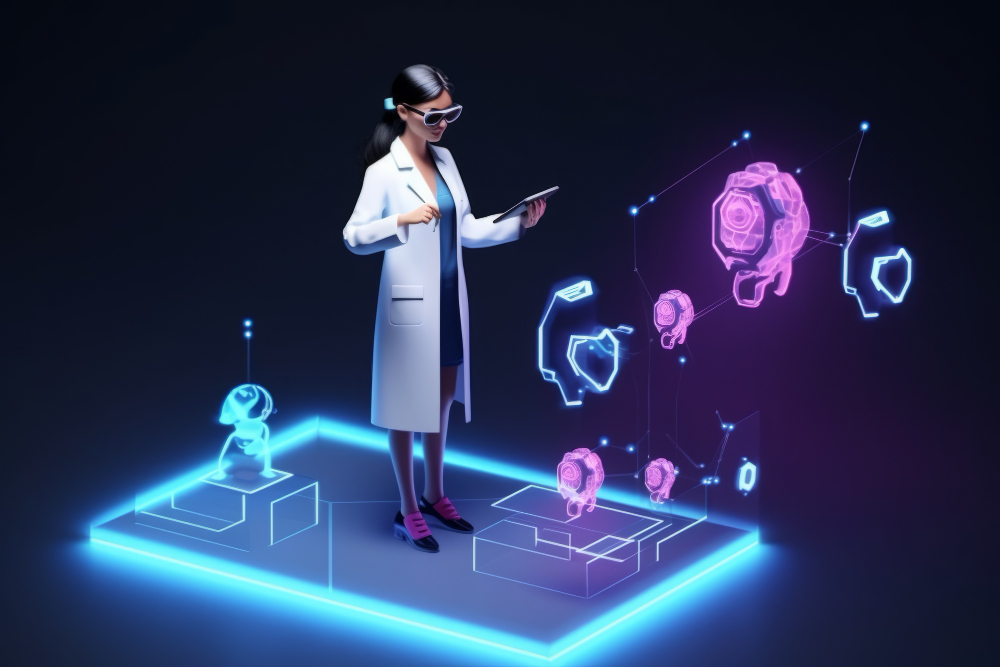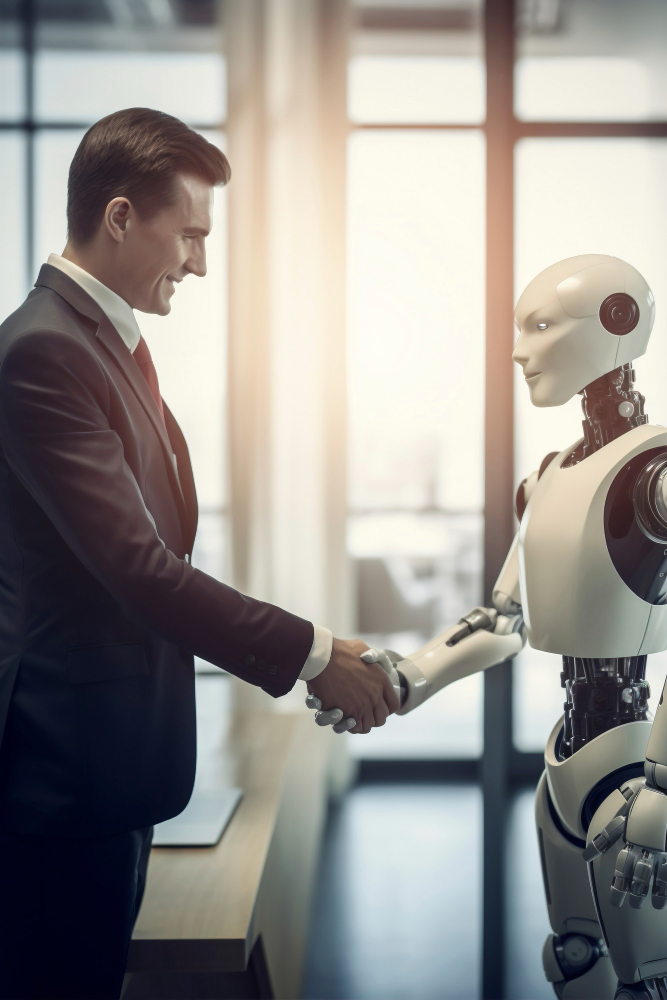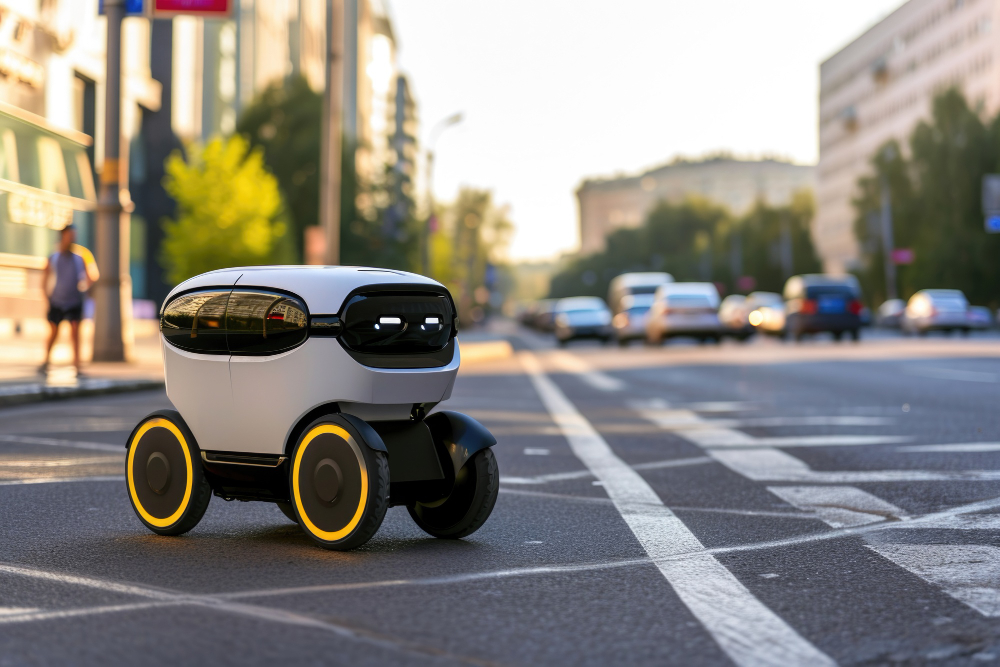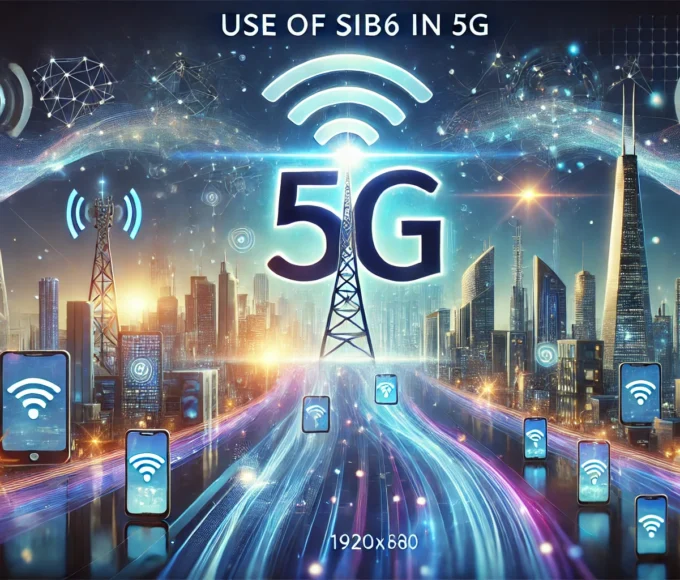@infoinsightwave

Recent Posts
Related Articles
Technology
PlayStation Portal: Redefining Portable Gaming
Sony has now announced the PlayStation Portal, a portable device designed to...
Byinfoinsightwave.comNovember 21, 2024
Technology
What is the Use of SIB6 in 5G?
The evolution of 5G networks introduces several innovative features to meet the...
Byinfoinsightwave.comNovember 18, 2024
Technology
Are Mazdas Good Cars? Dive into Mazda’s Excellence(2024)
When buying a car, people often wonder: Is Mazdas a good choice?...
Byinfoinsightwave.comNovember 16, 2024
Technology
Is the Mac Mini M4 Good for Gaming?(2024)
The Mac Mini M4 is one of Apple’s latest offerings, powered by...
Byinfoinsightwave.comNovember 15, 2024

















Leave a comment